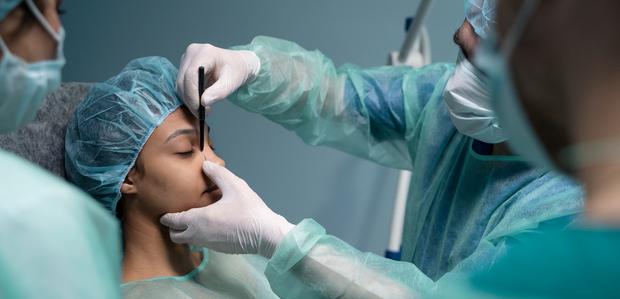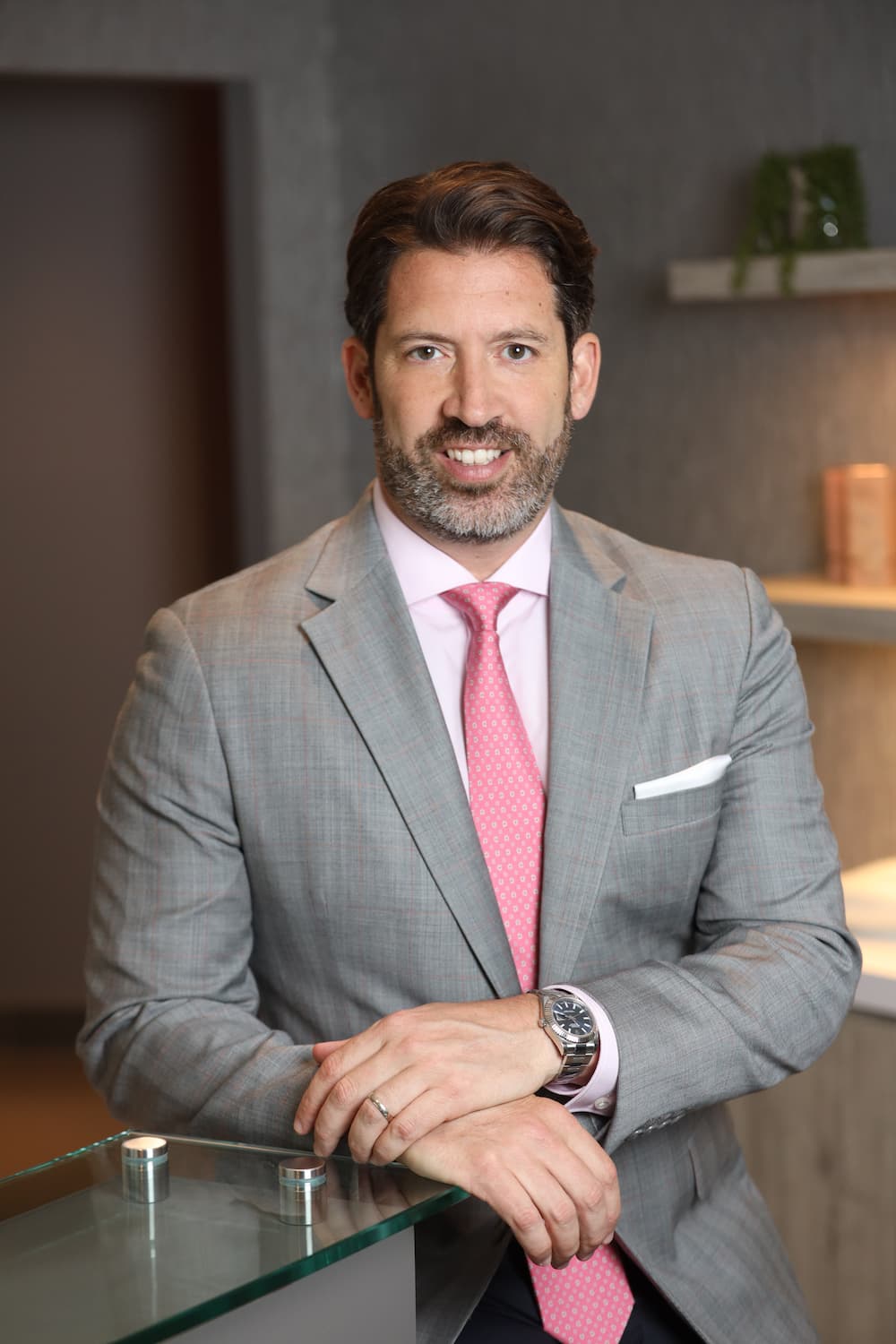Mommy Makeover Bellevue: Restore Your Pre-Baby Body with Specialist Treatment
Mommy Makeover Bellevue: Restore Your Pre-Baby Body with Specialist Treatment
Blog Article
A Deep Dive Into the Typical Reason for Looking For Aesthetic Surgical Procedure: Unloading the Wish for Change and Self-Improvement

Social Stress and Beauty Requirements
Regularly, societal stress and dominating beauty standards play a substantial function in people' choices to pursue plastic surgery (liposuction bellevue). In modern culture, aesthetic depiction greatly influences individual perceptions of good looks, often continued by media, star endorsements, and social platforms. These channels frequently advertise idyllic versions of charm, leading individuals to internalize these standards and assess their self-regard versus them

Furthermore, these pressures are not limited to specific demographics; they affect people throughout numerous ages, sexes, and backgrounds, highlighting the pervasive nature of elegance criteria. This widespread impact increases essential questions about the values of plastic surgery and the effects of social standards on individual selections. Inevitably, recognizing these pressures is important for fostering a more inclusive interpretation of elegance that celebrates diversity.
Individual Experiences and Transformative Stories
Many individuals who go through cosmetic surgical procedure record transformative experiences that prolong beyond simple physical changes. For numerous, these treatments work as a stimulant for improved self-esteem and a renewed feeling of identification. Clients often explain sensation liberated from enduring insecurities, causing enhanced self-confidence in both expert and personal worlds.
Take, for instance, the story of a young woman that undertook breast enhancement after years of feeling uncomfortable about her appearance. Post-surgery, she reported not only a newfound comfort in her body yet likewise a considerable enhancement in her social life and profession possibilities. Similarly, a middle-aged guy who selected to undergo a facelift shared exactly how the procedure rejuvenated his outlook on life, motivating him to go after new interests and relationships.

Mental Aspects Behind Cosmetic Surgical Treatment
Numerous psychological variables add to the decision to undertake cosmetic surgery, showing deeper psychological and psychological health considerations. Individuals frequently seek surgical enhancements as a way to attend to feelings of insufficiency, low self-confidence, or discontentment with their look. These mental inspirations can be rooted in previous experiences, social comparisons, or personal goals.
Body image distortion is a widespread problem, where people regard their physical characteristics in an exaggeratedly adverse light. This distortion can cause obsessive thoughts regarding regarded flaws, prompting the desire for surgical change as a remedy. Furthermore, the pursuit of perfection and societal stress can magnify these sensations, pressing people toward cosmetic procedures in hopes of achieving an idealized version of themselves.
Additionally, the principle of self-improvement plays a critical duty. Several individuals check out plastic surgery as a path to improve their lifestyle, thinking that enhanced appearance will result in boosted social acceptance, better connections, or boosted occupation chances. Ultimately, the emotional variables behind plastic surgery highlight the complicated interaction in between individual self-perception and exterior impacts, exposing the complex nature of the desire for change.
The Duty of Media in Perception
In today's culture, media plays a critical role fit perceptions of elegance and self-respect. With numerous platforms-- social media, television, and advertising-- idyllic standards of appeal are typically disseminated, affecting private goals and self-image. These representations regularly emphasize narrow interpretations of beauty, predominantly featuring vibrant, slim, browse around these guys and digitally enhanced images, which can develop unrealistic standards for people striving to adjust.
The impact of media is additional exacerbated by the prevalent nature of social media sites, where users are pounded with curated web content that highlights cosmetic improvements, supporting a culture of comparison. This constant exposure can bring about feelings of insufficiency among viewers, motivating them to take into consideration plastic surgery as a way of attaining the regarded ideal. Research study suggests that individuals that involve with these media depictions are most likely to reveal discontentment with their look, reinforcing the need for surgical interventions.
In addition, the normalization of cosmetic surgical procedure in media stories can desensitize audiences, framing such procedures as commonplace and also necessary for social approval. Therefore, the media's portrayal of beauty not just affects individual options concerning plastic surgery however likewise adds to a broader social discussion regarding self-regard and identity.
Honest Considerations and Future Fads
Amidst the growing popularity of plastic surgery, ethical factors to consider surrounding the method have actually come to be progressively famous. As the demand for treatments climbs, so as well do issues regarding educated approval, the emotional inspirations of clients, and the capacity for exploitation by cosmetic surgeons. It is critical for experts to make sure that individuals fully recognize the risks and benefits, in addition to the effects of their options, to foster a responsible strategy to cosmetic improvements.
Furthermore, the impact of social networks and beauty criteria increases inquiries concerning the effect on psychological health and wellness, particularly amongst vulnerable populaces. As understanding of body image problems grows, ethical practice demands a cautious evaluation of the inspirations behind medical treatments. Doctors should stabilize client needs with ethical duty, making sure that decisions are rooted in authentic self-improvement instead than societal stress.
Wanting to the future, trends might change towards non-invasive and highly progressed treatments, highlighting person safety and contentment. Additionally, the consolidation of emotional examinations can help attend to underlying concerns prior to surgical treatment. The plastic surgery field have to adapt to these ethical difficulties while advertising a culture of openness and self-acceptance, ultimately prioritizing the wellness of individuals.
Verdict
Finally, the search of cosmetic surgery is influenced by a confluence of societal pressures, personal experiences, and psychological variables. The need see this for positioning with try here prevailing appeal requirements, combined with the capacity for transformative outcomes, underscores the complex motivations driving individuals towards these treatments. Moreover, the function of media in shaping understandings of charm can not be understated. As ethical factors to consider advance, future trends in plastic surgery will likely reflect recurring societal discussions bordering self-improvement and specific identity.
Often, societal stress and dominating beauty requirements play a considerable function in people' decisions to pursue cosmetic surgical procedure. liposuction bellevue. Inevitably, these transformative stories highlight the complex reasons individuals look for cosmetic surgical treatment, linking personal development with the pursuit of visual improvement
Many people view cosmetic surgical procedure as a pathway to boost their high quality of life, thinking that improved look will lead to boosted social approval, better partnerships, or enhanced occupation possibilities. Inevitably, the psychological elements behind cosmetic surgical procedure underscore the complicated interaction in between private self-perception and outside impacts, exposing the multifaceted nature of the need for change.
As moral considerations develop, future patterns in cosmetic surgical procedure will likely reflect continuous social dialogues surrounding self-improvement and private identification. liposuction bellevue.
Report this page